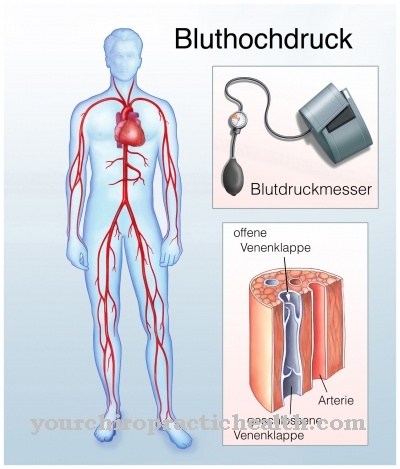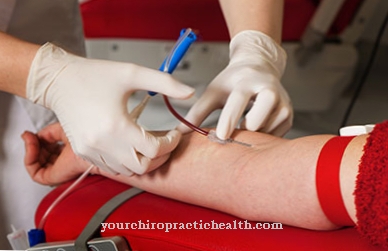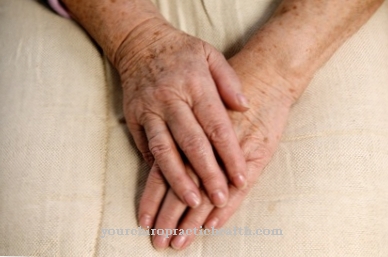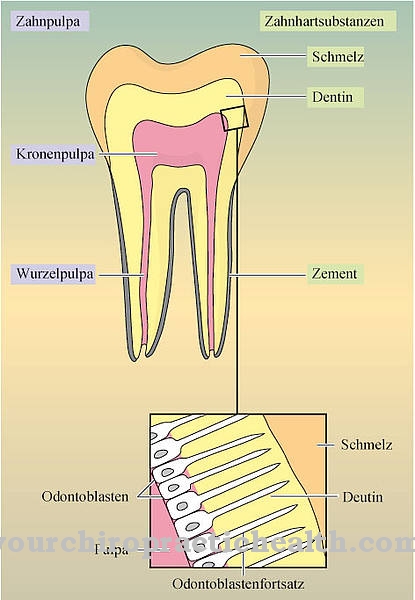Almost every woman experiences the symptom of in the course of her life Vaginal dryness. The causes for this are manifold. Often the phenomenon is temporary. However, if vaginal dryness occurs permanently, it represents a severe impairment of the quality of life.
What is vaginal dryness?

Lubrication is the medical term for the moisture that is created in the vagina during sexual arousal, making it slippery. The Bartholin's and Skene's glands are responsible for the production of vaginal secretions.
These glands in the female sexual organs secrete a liquid during the excitation phase, which is pressed through the vessel walls due to the increased blood flow in the vagina. It consists of a number of different substances, mainly water and various fatty acids.
Since the female cycle is subject to hormonal fluctuations, different degrees of humidity are also largely normal. It is only when the vagina feels dry for a long period of time that it is called vaginal dryness.
causes
With regard to the causes of vaginal dryness, a distinction must be made between organic findings and psychological reasons. The main physical cause is the onset of menopause.
The hormonal change during menopause causes a reduced production of female sex hormones, including estrogen. Major medical interventions, such as an operation on the uterus, removal of the ovaries, or cancer followed by chemotherapy, are also possible reasons for vaginal dryness.
Fungal infections of the vagina and various sexually transmitted diseases change the sensitive vaginal flora and cause it to dry out. Pregnancy, breastfeeding and the use of hormonal contraceptives such as the pill can also cause a lack of lubrication.
The emotional causes of vaginal dryness include anxiety, stress and difficulties in a partnership. Unpleasant sexual experiences often result in a lack of excitability.
Diseases with this symptom
- Menopause
- Endometriosis
- Sjogren's syndrome
- Vaginal fungus
- multiple sclerosis
- Alcohol addiction
- Diabetes mellitus
- high blood pressure
- Nicotine addiction
Typical symptoms & signs
- Lack of naturally moist vaginal flora
- Burning sensation in the vagina (vaginal burning)
- Pain during intercourse of the woman
- Sexual disorders in women (frigidity)
Diagnosis & course
Common symptoms of vaginal dryness include vaginal itching or burning, small cracks in the skin, and mild inflammation.
The poor lubricity of the vagina leads to pain during intercourse, which further decreases the desire for sexuality. This reduces the release of estrogens, which are responsible for increased blood flow and moistening of the vaginal wall. Hormones also influence the formation of lactic acid and thus ensure the natural, acidic environment of the vaginal flora.
A deficiency increases the risk factor for infectious diseases and urinary tract complaints. In the event of persistent complaints, it is therefore always advisable to make an appointment with the gynecologist to clarify the exact cause.
Complications
Vaginal dryness that is not treated increases the risk of developing infections. These infections can affect the vaginal area and also spread to the urinary tract. The vaginal walls become increasingly thinner and develop less and less moisture. The tissue becomes more fragile and bacteria and yeasts can penetrate more easily and multiply.
In addition to the more frequent occurrence of infections of the urinary tract and the vagina, mechanical irritation leads to faster wounds, tears and injuries in the vaginal area.Together with the lack of moisture formation, this leads to pain during sexual intercourse for women. Problems such as an increased urge to urinate and increased infections can become chronic.
Treatment with oestrogens in tablet form or as a patch may increase the incidence of some cancers. With topical estrogens in the vagina, it is possible that endometrial cancer will develop. Moist creams that are made without estrogens also relieve vaginal dryness and are safer to use.
These creams do not increase your risk of cancer. However, disorders are more frequently observed here, which are associated with temporary burning, redness and skin irritation due to intolerance reactions.
When should you go to the doctor?
Women during and after menopause will experience vaginal dryness, which is part of the healthy aging process for women. However, if it occurs in women of fertile age, it makes sense to consult your doctor about this. Treatment is simple and vaginal creams and gels provide relief. However, they do not solve the underlying problem.
Early vaginal dryness can have physical causes such as an imbalance in hormones. This must be investigated, because behind it there can be quite harmless reasons or serious illnesses. The vaginal dryness would only be the first obvious symptom. A visit to the doctor thus contributes to timely detection. A visit to the doctor can also reveal the psychological causes of vaginal dryness, which can then be treated by a sexual psychologist.
In women in particular, mental problems often manifest themselves in disorders of sexuality, even if they do not even have anything to do with it directly. It is therefore advisable to consult a doctor who is familiar with these complex issues. If vaginal dryness occurs for the first time during menopause, despite the frequency of this problem, it can make sense to inform the treating gynecologist about it. Much changes during menopause and it is not wrong to examine a new observation more closely. If vaginal creams and gels do not help combat vaginal dryness, the doctor can recommend effective alternatives so that a pain-free sex life remains possible.
Doctors & therapists in your area
Treatment & Therapy
If the vaginal dryness is caused by a lack of estrogen, the doctor may give an injection or prescribe hormone-containing tablets. Hormone therapy has long been the norm for menopausal symptoms.
However, the relationship between benefit and risk must be carefully weighed here. Alternatively, there are locally acting estrogen preparations in the form of ointments, gels or suppositories. They cause better blood circulation and moistening of the vagina. The skin becomes thicker and more elastic again. Those who do not want or are not allowed to take hormone-containing drugs, e.g. after cancer, you can switch to a hormone-free preparation. This is usually available without a prescription as a cream or gel.
The moisture balance of the vagina is restored briefly and the vaginal skin stabilizes. The natural colonization of the vaginal flora with beneficial microorganisms is strengthened by lactic acid bacteria and thus the balance is restored. The use of lubricants is recommended to ensure relaxation during intimate intercourse.
They are available as moisturizing gels or suppositories. Oil or fat-based lubricants also have a nourishing effect on the skin. However, if a condom is used for contraception, care should be taken to use a compatible water-based lubricant.
Outlook & forecast
Vaginal dryness makes it difficult to have a fulfilling sex life and is often painful for women during intercourse. Partly there is a hormonal cause for this. During the menopause, the woman's body adjusts to a period without monthly ovulation and the hormone levels change permanently. This can lead to changes in sexual pleasure and also to the vagina becoming dry.
An improvement can occur when the menopause is over and the woman will definitely not get any more periods - but the vaginal dryness can also persist. Therefore it is important to treat it symptomatically during this time. If the woman wants to have sexual intercourse, it works best with lubricant gel or with something that keeps the vagina moist.
Outside of menopause, vaginal dryness can also have emotional reasons. If the woman is afraid of sex or if there are problems in the partnership that affect her feelings for the partner, there will be no psychological sexual arousal and the vagina will not get wet. So it is not a question of physically caused vaginal dryness, but rather a symptom of a mental condition. If this can be solved, vaginal dryness is usually no longer a problem.
prevention
In many cases, vaginal dryness can be counteracted preventively. Excessive intimate hygiene with soap attacks the skin's natural protective acid mantle. Instead, plenty of water and a mild cleansing lotion should be used. Tampons also dry out the skin and should therefore not be changed too often. Underwear made from natural fibers creates a better microclimate. Pants that are too tight, on the other hand, tend to make this worse.
You can do that yourself
If the vagina is dry, the gynecologist should always be consulted first. After this has clarified the cause, various home remedies and measures can be used to alleviate the symptoms. In many cases it helps to use sanitary towels or menstrual cups instead of tampons. Other factors that irritate the bacterial environment in the vagina should also be avoided. Chlorinated water, perfumed care products and tight pants or underwear made of synthetic fibers are harmful. Loose-fitting clothing and underwear made from natural fibers help to stabilize the vaginal environment.
In addition, it is important to do sports and use relaxation measures in order to reduce emotional stress caused by nervousness or stress. Regular exercise also promotes blood circulation and thus leads to better moistening of the vagina. Vaginal dryness as a result of allergies or over-irritation can be alleviated with a vinegar bath. Aloe vera soothes the irritated mucous membranes and supplies them with the necessary moisture.
A healthy and balanced diet is particularly important during the menopause. Foods like soy or flaxseed contain estrogen-like substances that regulate the vaginal environment in a natural way and thus also reduce vaginal dryness.

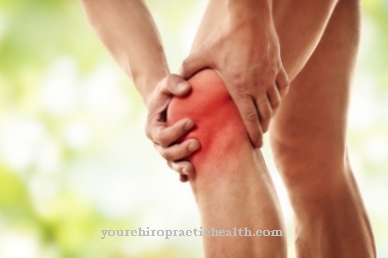
.jpg)
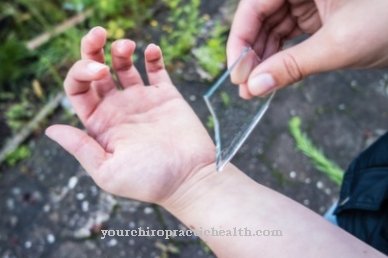

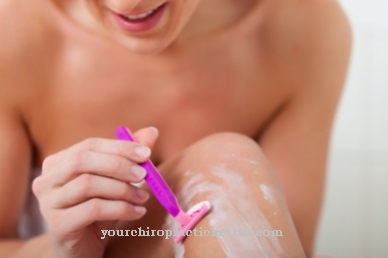
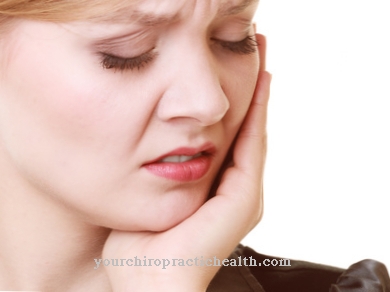

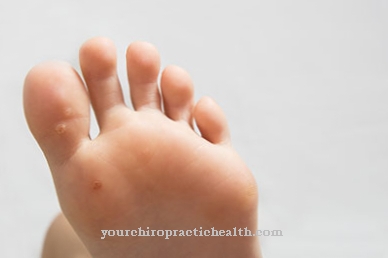
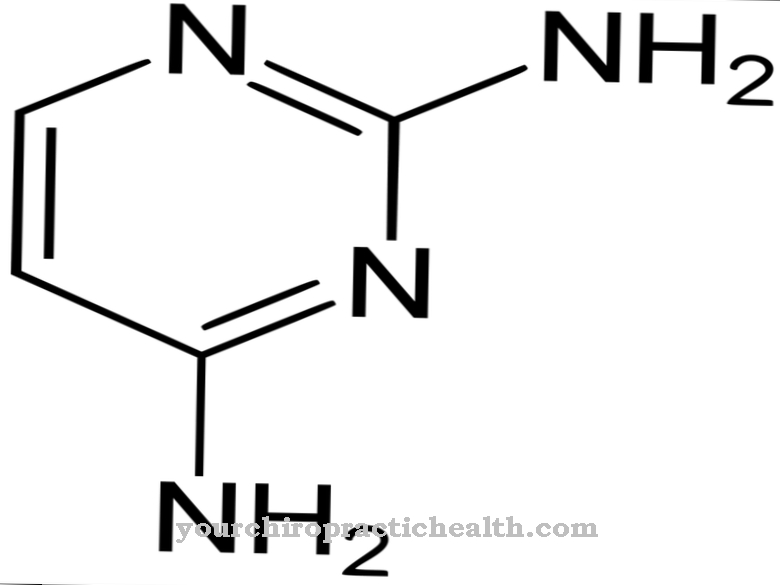
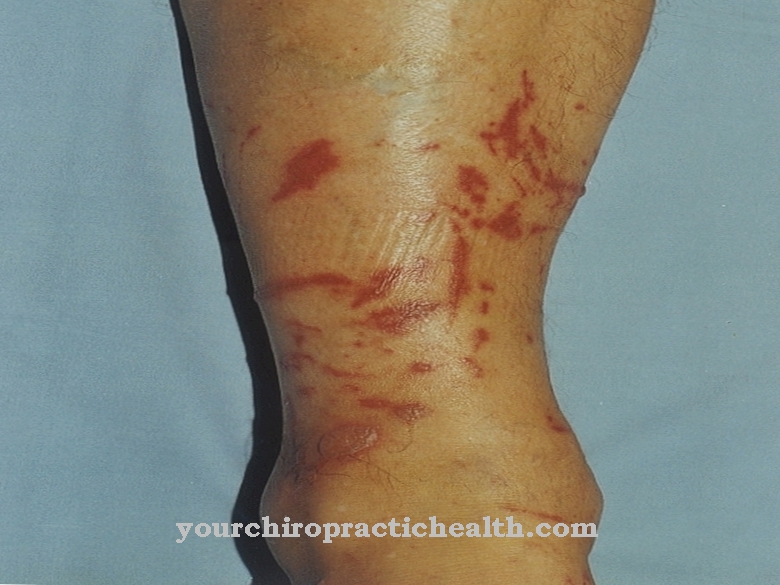
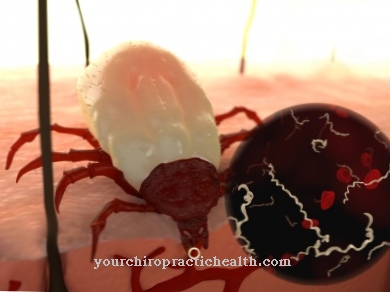
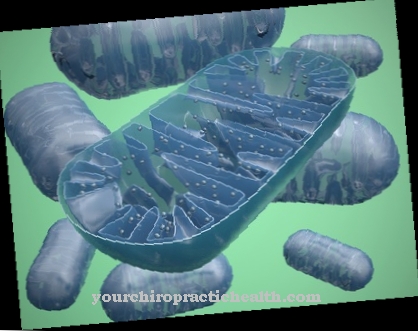

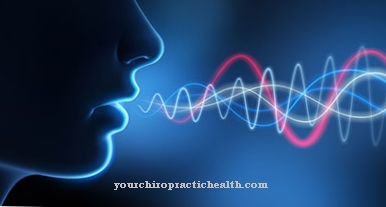
.jpg)

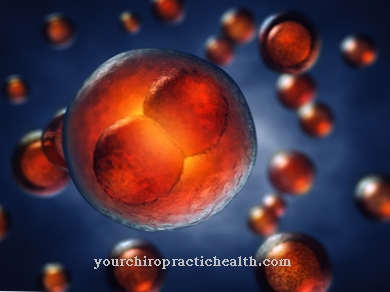

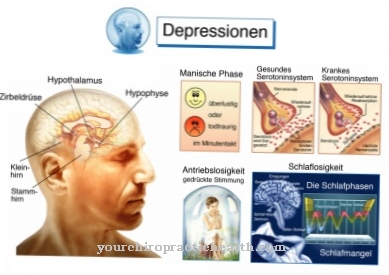

.jpg)
